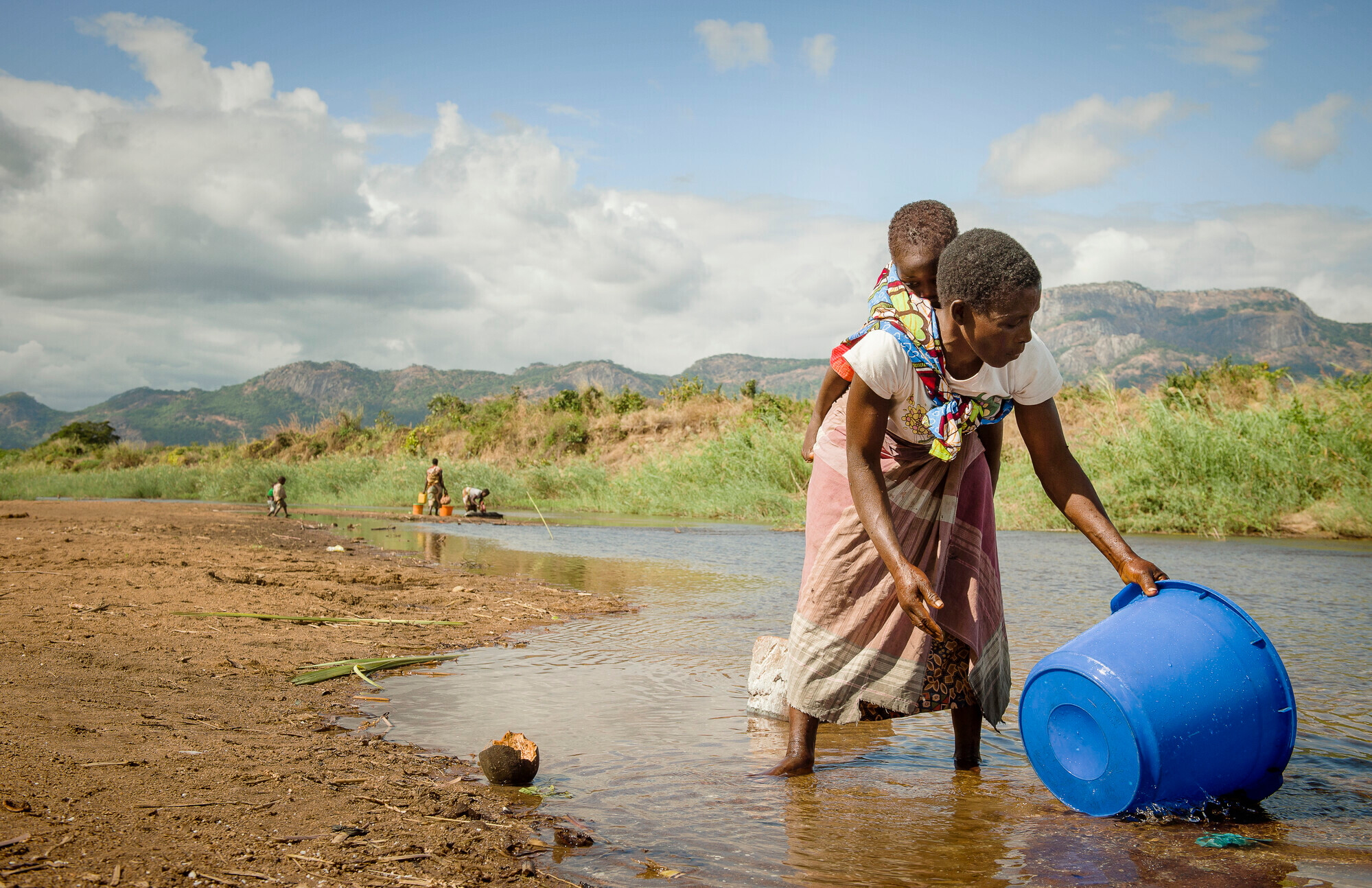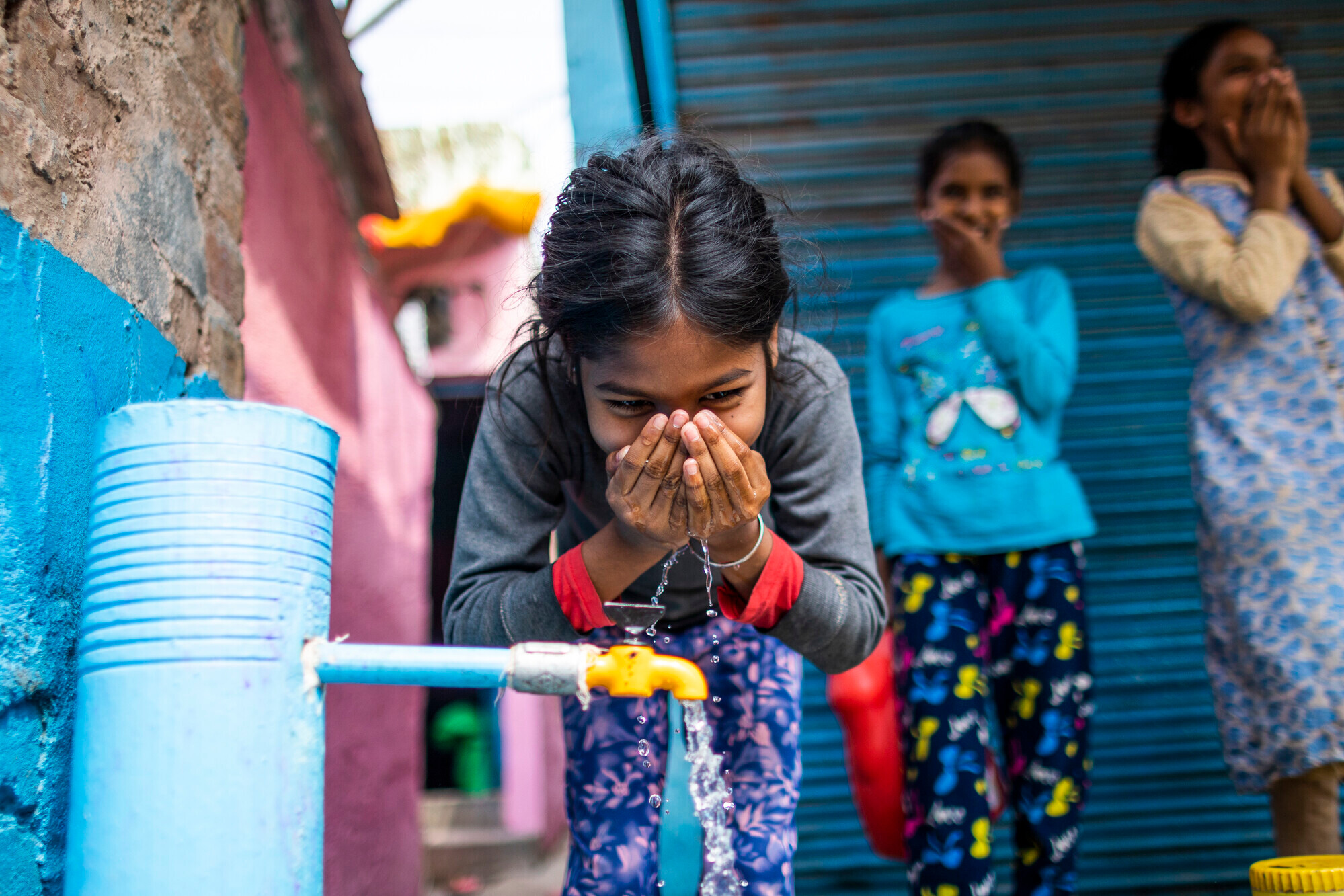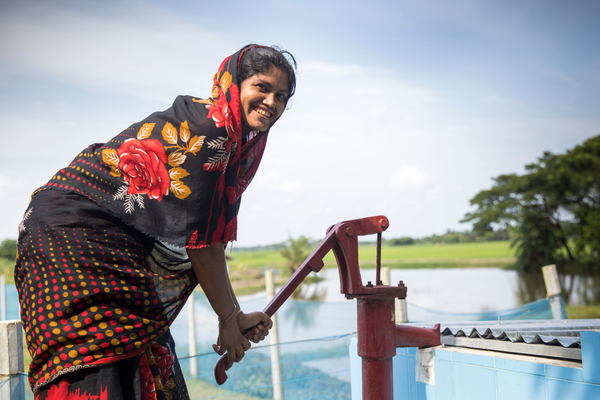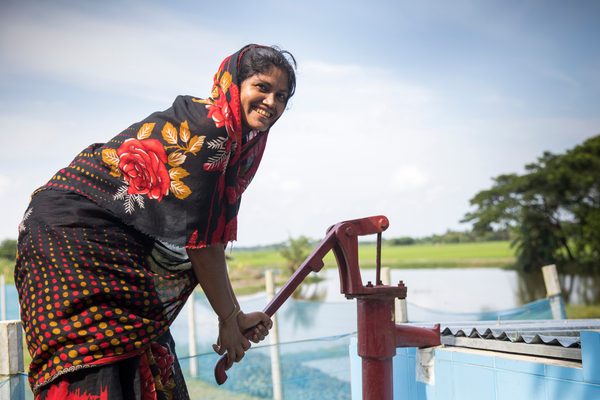WaterAid
Thematic Focus Areas
Clean Water
Climate Resilience
Women & Girls
We transform lives by helping people in the world’s poorest communities gain access to safe water, toilets and hygiene education.
Give Global Blog
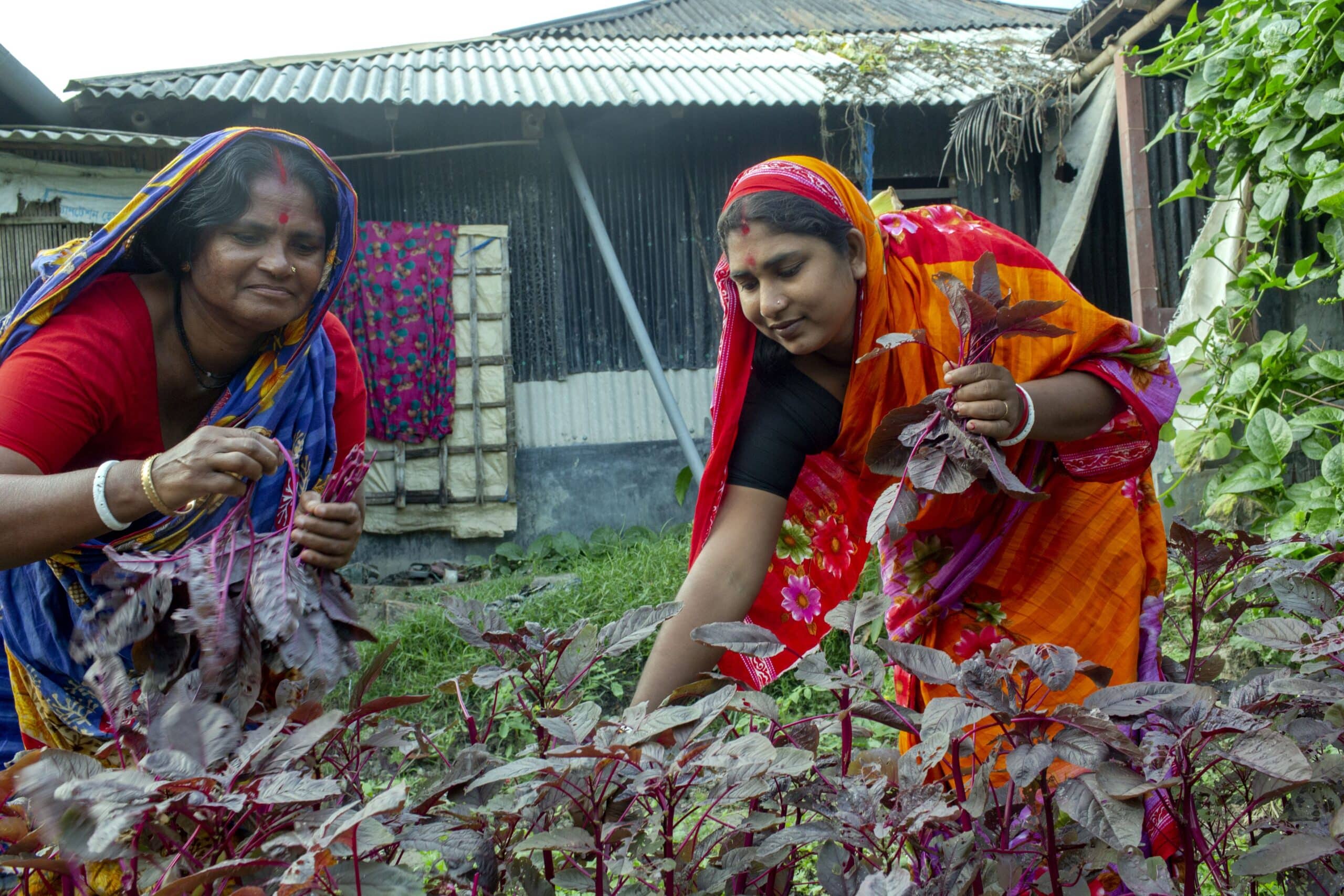
Since 1970, we’ve celebrated Earth Day as a celebration of our planet and to bring attention to environmental issues. In recent years, the climate crisis has made that mission all the more critical. Already, climate-fueled disasters are destroying crops and displacing millions of people a year, and each of us are affected by those ripple effects. As the climate changes, how can we change, too? By bolstering communities’ resilience to a changing climate, we can empower them to succeed. Many of our charity partners are already doing just that – training farmers to use drought-resistant plants, providing rainwater harvesting systems,...
Charity Videos
Charity Impact
Arsenic and excessive salt from rising sea levels poisoned Julia’s young family with every sip of water they took. The pond near the rural village where Julia, her husband and their two children live in Bangladesh is their primary source of water. But it was contaminated by the poisonous carcinogen arsenic and so high in salinity, the entire family was at risk of hypertension and high blood pressure. But Julia only had two choices: Either collect the pond water she knew was making her family sick or travel miles from her village to pump drinking water from a distant well, which caused incredible hardship. If she chose to go to the well, Julia had to carry heavy jars that were difficult to lift and caused her long-term physical pain. She also had to walk miles to and from the well, which could take all day, instead of caring for her...


